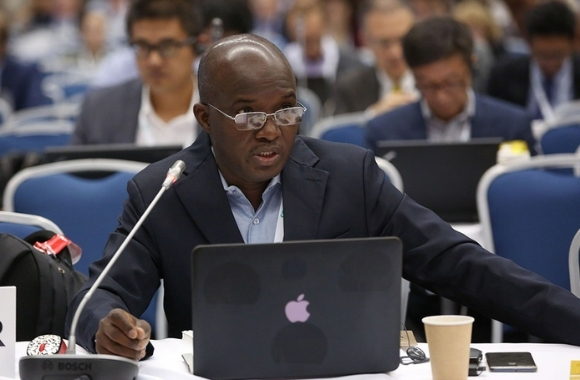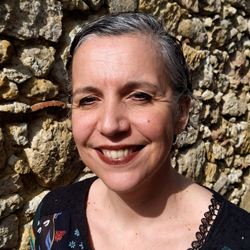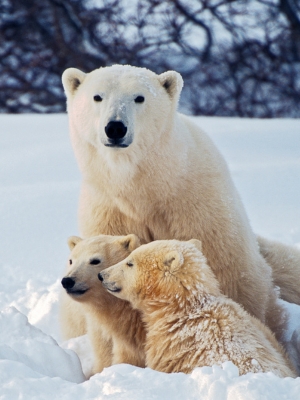I have been doing wildlife conservation work in West Africa for 17 years and have had the privilege to work and learn alongside many inspiring conservation leaders across the region. Several of the wildlife officials I regularly work with started their career when I started mine. We have had children at the same time, we exchange family photos, and we rejoice when get to see each other in the field or at meetings. Some have retired and others keep postponing retirement, but we have come to form a very tight group of colleagues and friends over time. We fought many battles for wildlife together, one CITES meeting at a time, one workshop at a time, one email exchange at a time. It is tenuous, hard, relentless work and, looking back, I feel very proud of each battle fought for wildlife (and of each white hair earned in the process!). Each battle is fought by unsung conservation heroes. These individuals are overworked and overwhelmed by the gargantuan task of preserving biodiversity, responding to conflicts between local communities and endangered wildlife, addressing poaching or wildlife trafficking incidents, ensuring that offenders are prosecuted, strengthening national frameworks, and training field officers while concomitantly working for the adoption of bold international commitments.
Unsung Wildlife Heroes
Leaders fighting for bold policy changes often stay far away from the spotlight. Attending international negotiations is a very intense experience. Authorities are pressured left and right while work at home is piling up. They typically work on meeting priorities during the day and return to their hotel rooms to work throughout the night to ensure office priorities are appropriately addressed while they are away. In some circumstances, they are pressured or threatened in the corridors of the meeting. Various methods of intimidation are used to convince them to change their position. But, they hold tight, they keep their eyes on the prize, and they fight for wildlife regardless of what is thrown at them. We could not do our work without their unwavering leadership and commitment.
Losing a Friend and Colleague
Last week, Colonel Ali Laoual Abagana, one such unsung conservation hero from Niger, passed away suddenly at 50 years old, leaving behind a wife and three young sons. Ali was a strong, skilled, and passionate defender of wildlife. He took a leadership role in the submission of multiple CITES initiatives including initiatives to strengthen the protection of elephants, lions, giraffes, sharks, and rays. He served as the Africa representative of the CITES Standing Committee and took unprecedented stands for the promotion of wildlife law enforcement in West Africa and beyond. He was passionate and never shied away from a battle. His enthusiasm at meetings was matched with bold and relentless actions to strengthen the conservation of Niger’s wildlife with unprecedented success on the recovery of giraffes and many other species in the country.

Ali was a friend to me and to the Born Free family and his tireless work for wildlife will serve as an ongoing inspiration, driving us to continue to fight for animals as he always did.
Keep Wildlife in the Wild,
Alice

 Dear Reader,
Dear Reader,